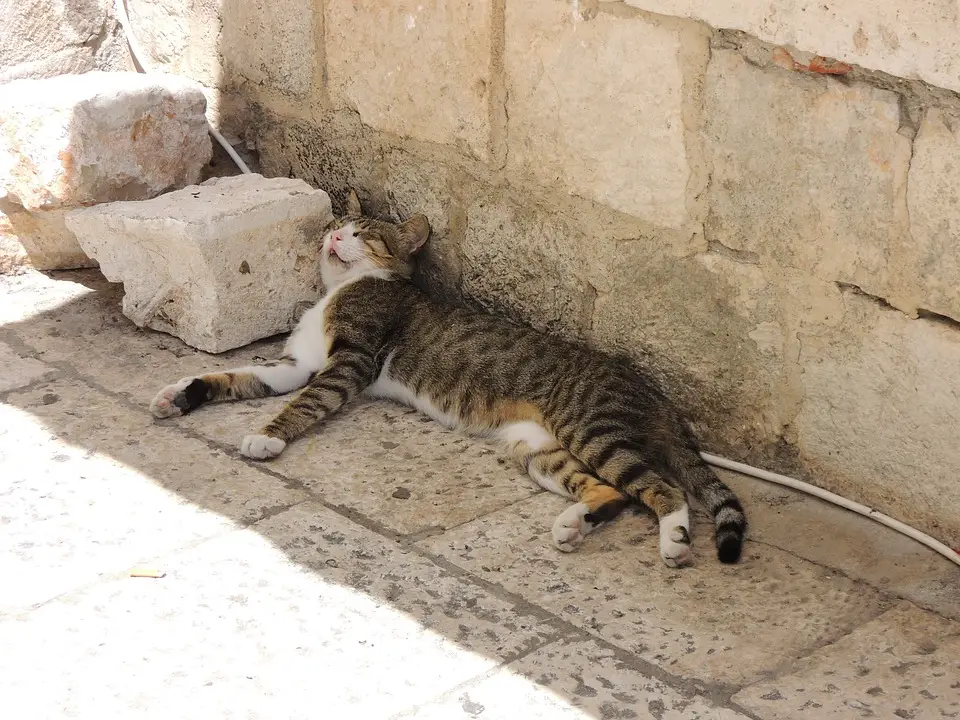As Morski writes, it seems that while some find it impossible to resist purchasing a ‘Hrvatska’ mug that will struggle to survive the dishwasher, others can’t get enough of the cats. Many people can’t ignore a hungry street cat’s sad eyes, so they return home with transporters containing cats from Dalmatia and Istria. This is especially the case with Polish tourists.
Polish national Katarzyna is one such cat foster parent. She contacted the Facebook group Chorwacja (Croatia) and asked for advice from other Poles who had come to Croatia during summer. Although many in that group exchange advice and experiences about different cities, towns and localities that should be visited, this girl asked a question about transporting rescued Croatian street cats. During the two weeks she spent here, one fluffy, four-legged and wide-eyed cat kept her company, and Katazyna decided she couldn’t leave her, and that they’d return home to Poland together.
On Facebook, she received about 200 comments with instructions from other Polish nationals, who have experience with transporting their own or “new” animals they have acquired. In the European Union, you can travel with your pets without any particular difficulties. It’s usually enough that the animal has a passport, which means that a veterinarian has microchipped the animal. Others shared their experiences.
”I was driving home with three little kittens. The vet gave us passports, he couldn’t microchip them because they were too small, and it was too early for any vaccines. I just treated them against fleas and other parasites and that was it. Nobody checked them at the border anyway,” wrote Kamila.
However, there are also some people who faced stricter controls when arriving at the border.
”They checked the dog’s passport when we entered Croatia and again when we left it. On the way back, our dog barked at the policeman and he found it funny,” Anna wrote.
In addition to a series of advice and support, Katazyna also heard a series of conflicting opinions. While some think that Croatian street cats are happy and at home where they are, which veterinarians and animal lovers claim is absolutely not the case, others agree that they need our help and to be given proper treatment, food and homes.
Polish society is slowly but surely changing. More and more people support shelters for abandoned animals and get their pets from there. They often organise various actions and pay large sums of money to help shelters and animals, and many are pet owners and animal lovers. Moreover, the OLX website, which is a bit like the Polish version of Croatia’s much loved Njuskalo, organises a campaign to feed animals living in shelters. They place pictures of the dogs and cats instead of some items for sale, and every day one click enables the delivery of food for certain animals, writes Jutarnji list.
For more, make sure to check out our dedicated lifestyle section.









